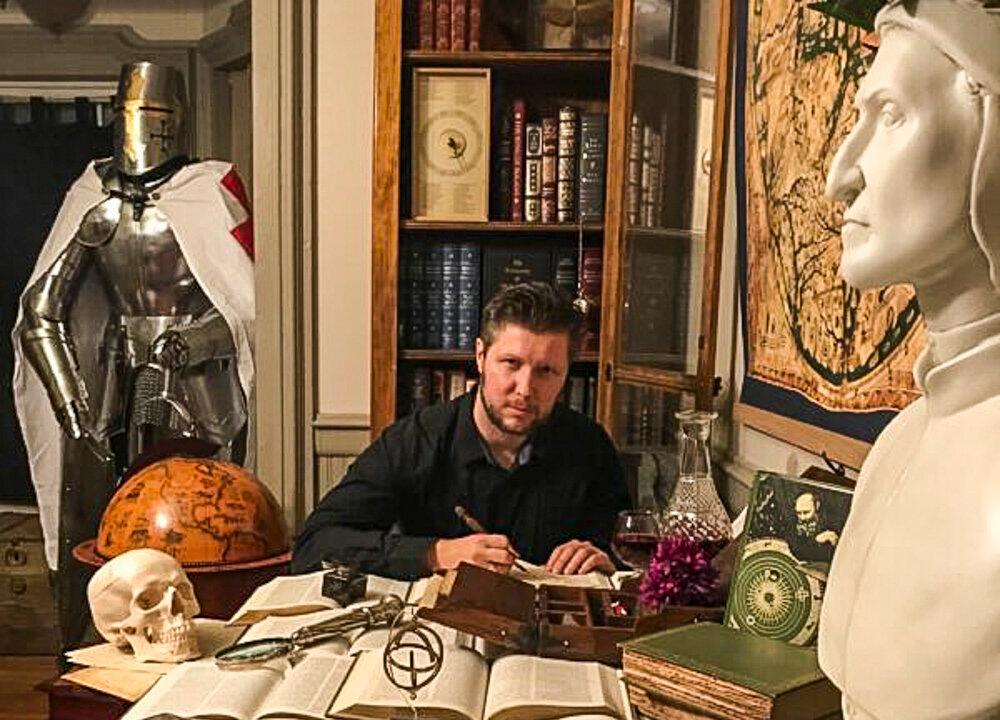One of the lessons of history is that it is difficult to predict in advance who are truly the important people of the day—be they politicians, philosophers, artists, musicians, novelists, poets, or in any area of human endeavor. My favorite example of this is Shakespeare. While he was a huge commercial success as a playwright—groundlings and aristocrats alike seemed to have loved his plays—the idea that he was the “immortal bard” or one of the greatest English poets who ever lived would have seemed, almost certainly, laughable to most of his contemporaries (Ben Jonson’s tribute excepted).
The proof of this assertion seems to be in the difficulty we have constructing his biography. Clearly, very few people saw him as being noteworthy; hence the “lost years” and many other lacunae besides in his life’s story.






